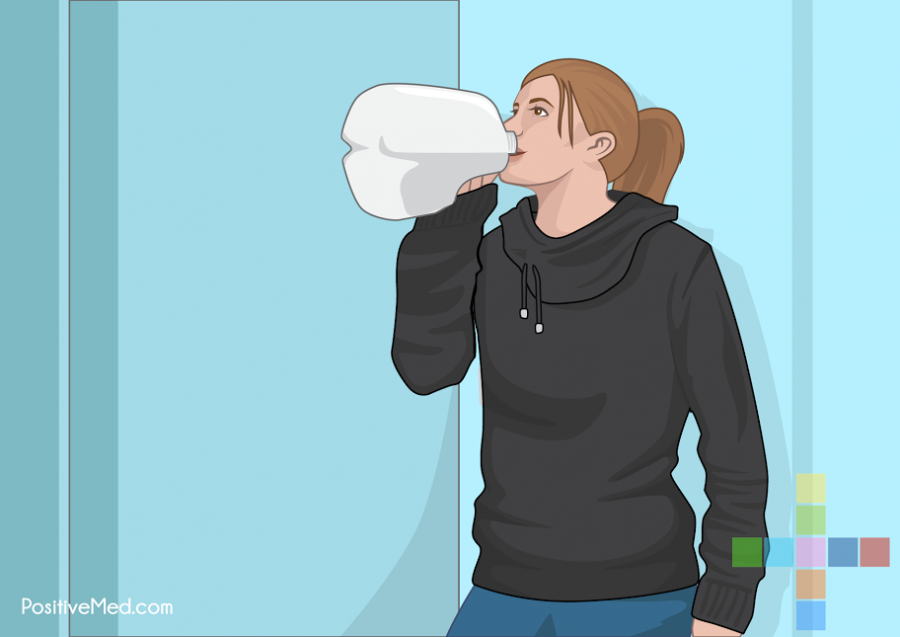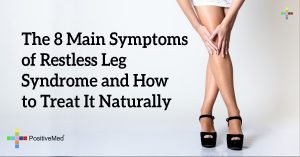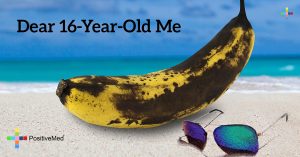While we spend much time thinking about the nutritional content of the food we consume, many of us don’t pay a proportionate amount of attention to getting enough fluid.
When it’s hot – and even when it’s not – bear in mind that you need to drink water even if you only plan to lounge by the pool. Since the human body is 60% water by weight, this logic should be as clear as a glass of the cold elixir itself.

How the Body Uses Water
As our body’s dominant chemical known as “H20” plays a part in every bodily system. The water washes through organs to bring moisture to tissues and nutrients to cells. It flushes out wastes and toxins. When the body runs low on water, a condition known as dehydration sets into sap energy and make you tired. Dehydration can cause headaches, muscle weakness, and lightheadedness. Many of the aches and pains that we feel are often symptoms of dehydration. A few glasses of water could make us feel better in no time.
We lose water when we sweat, breathe, urinate or have bowel movements. Additional water is lost with exercise or strenuous activity, and, when we’re sick, in vomiting and diarrhea. If fluids that we take in do not replace water that is expelled, then we feel bad. How bad we feel and whether dehydration becomes life-threatening or not depends on how out of balance the outtake and input of fluid becomes.
Replacement Theory
Most of us have heard that drinking 8 glasses of water on a daily basis is recommended to ensure balance, but 8 glasses may be too much for some and not enough for others. The 8-glasses rule was calculated based upon a replacement theory.
The theory assumes that the average adult’s urine output is 1.5 liters a day and that he or she loses another liter of water breathing, sweating and defecating. Since the water in food generally includes 20 percent (one-fifth) of total fluid intake, an adult must drink 2 liters of water or a little more than 8 cups a day. The 8 glasses a day model doesn’t take into account individual health, activity level or environmental conditions.
A better way to tell whether you are drinking enough water is to pay attention to what your body is telling you. First and foremost, you should drink enough so that you never feel thirsty.
Thirst is like the emergency warning light that goes off to tell you that something is wrong. If you wait until you are thirsty, it is too late and you are probably already heading to the couch to lie down because you have a headache, are tired, and feel lightheaded. Second, you should be urinating one to two liters of slightly yellow or colorless urine a day.
Hydration During Exercise
The Centers for Disease Control suggest that you get active, and that during your physical activity, whether it is walking, hiking, softball or any other sport, you drink plenty of water to replace the additional lost fluids. Their recommendation is at least eight to ten 8-ounce cups per day.
The more you exercise, the more you need to keep the water coming. The Mayo Clinic says that an extra 1 or 2 cups of water a day should suffice if you walk or bike for an hour. If you are paddling in your kayak for 3 hours or training for a marathon, though, you will probably need more, which varies depending upon how much you sweat. 2 or 3 cups may be fine unless it is exceptionally warm. During long sessions of intense exercise, you might need to go instead for mineral-rich alkaline ionized water to replace lost sodium in sweat.
Fluid can also be replaced at a rate of 16 ounces per pound of weight lost during exercise. Weigh yourself immediately before and after strenuous exercise to see how much weight you lost. It is important to note that some diseases impair body fluid loss, so you may need to correct your calculation of replacement fluid intake.
Water Replacements
Water is the best bet for replacing the water you use, but many fruits and vegetables are high in water content. Even milk, juice, and beer contribute to your fluid intake total, but alcohol and caffeinated products cause water loss and should not be a major portion of your intake.
Make it a routine to drink a glass of water with each meal and between meals. Drink more before, during and after exercise. The Centers for Disease Control suggest that you drink a cup of water before you get moving, and another half cup every 15 minutes that you remain active.
While drinking a lot of water may be a concern for endurance athletes, the Mayo Clinic Web site states that it is rare in healthy adults who consume an average American diet to drink too much water. If you have concerns about the correct intake of water, consult your doctor to determine what is best for you.







